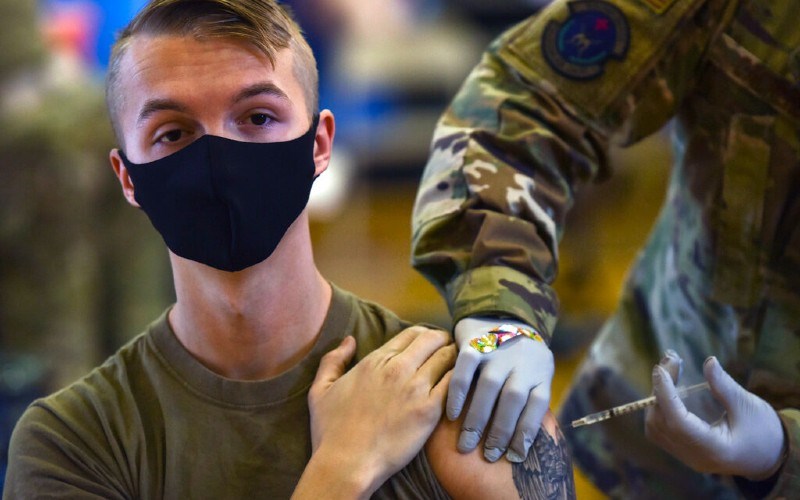R. Davis Younts, a retired Air Force lieutenant colonel and former Judge Advocate General (JAG) officer, explains the source of the friction. "The language in the NDAA referencing the vaccine mandate as a lawful order is deeply troubling to the military members who objected to repeated violations of their constitutional rights and were forced out of the military," he tells American Family News.
Although courts never fully addressed the constitutionality question, Mr. Younts argues the order was unlawful for several reasons – reasons that should have recognized by the NDAA. For example, he notes, an order must be necessary to a military mission or duty in order to be lawful.

"There was significant evidence that the vaccine was not safe or effective in preventing infection and transmission," Younts explains. "In this case – particularly for those with natural immunity – there was no valid military purpose for mandating the vaccine."
Another reason: Younts points out the Department of Defense (DOD) failed to conduct an individual review of, and unlawfully denied, almost all religious accommodation requests in violation of the U.S. Constitution and the Religious Freedom Restoration Act.
"If the denial of the religious accommodation was improper," he says, "an order based on the denial is unlawful."
Finally, he notes, pursuant to federal statute the DOD cannot force a military member to take or use an experimental or emergency use authorization (EUA) medical product. In the case of the COVID-19 vaccines, the FDA-approved product was "legally distinct" from the EUA product according to the FDA, he discloses.
"The military failed to make the FDA-approved formula available to military members," Younts adds. "Thus, the order was unlawful because an FDA-approved vaccine was not available."
Disappointed, concerned for the future
Sarah George, a former Air Force lieutenant colonel, agrees with Younts that the military vaccine mandate was illegal from the start. And like Younts, she is very disappointed in the language of the NDAA, arguing that the bill should have done more to address the illegalities of the COVID-19 vaccine mandate and all the adverse effects it has had on America's fighting force.
Lt. Col. George retired in April 2023 after witnessing a "leadership environment rapidly shifting in regard to declining respect for individual religious rights."
George's primary concern was the DOD's unlawful implementation of the COVID-19 vaccine and support for covering the travel costs and paid leave for female service members who seek abortions across state lines. In her eyes, those are "disturbing developments in our nation's most well-esteemed institution."
In addition, George contends it is "preposterous" that the NDAA language provides the Secretary of Defense with "the latitude to consider reinstating" someone who held to their religious convictions concerning the vaccine.
"The verbiage should have been directive rather than providing latitude to leaders who disregarded individual conscience," she argues, adding Congress should have made the language "stronger" in order to protect servicemembers – both present and future.
According to George, entertaining the reinstatement of separated service members without specifically identifying the unlawfulness of the order makes it a de-facto lawful order. "To me, [that] lays down a perilous precedent," she emphasizes. "A course correction is necessary [in the years to come]."







